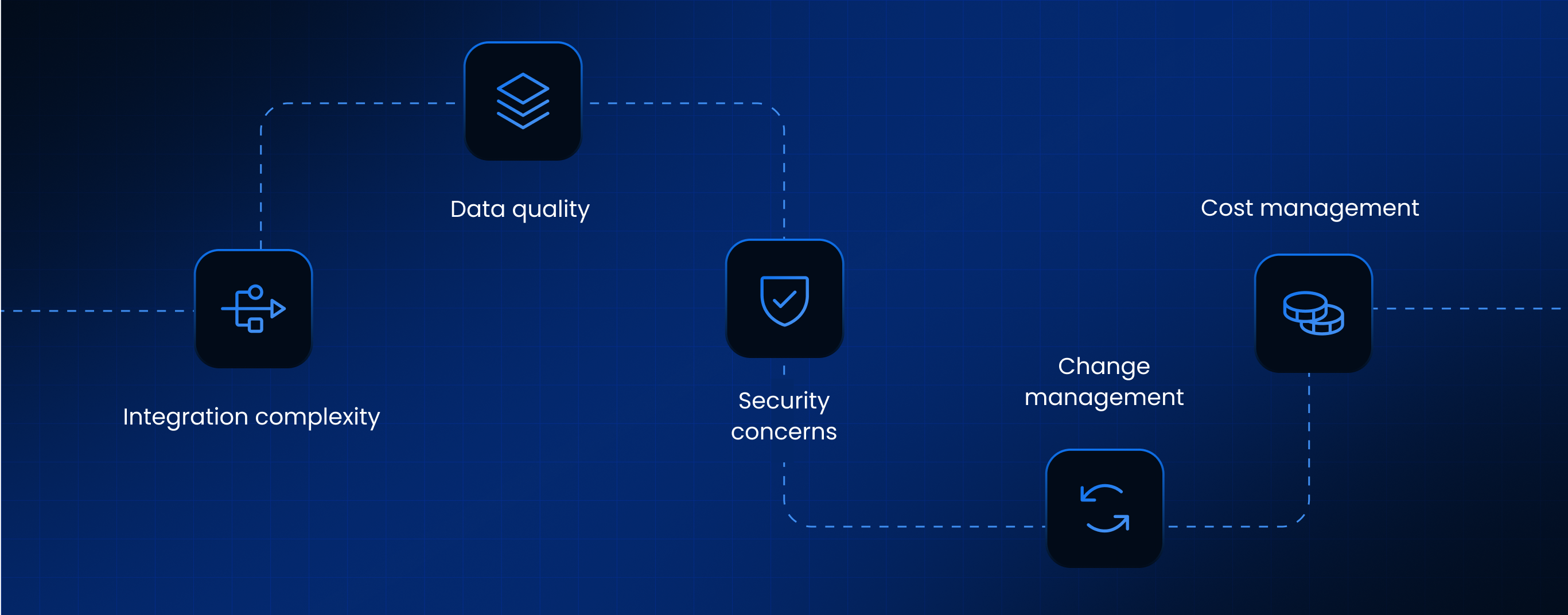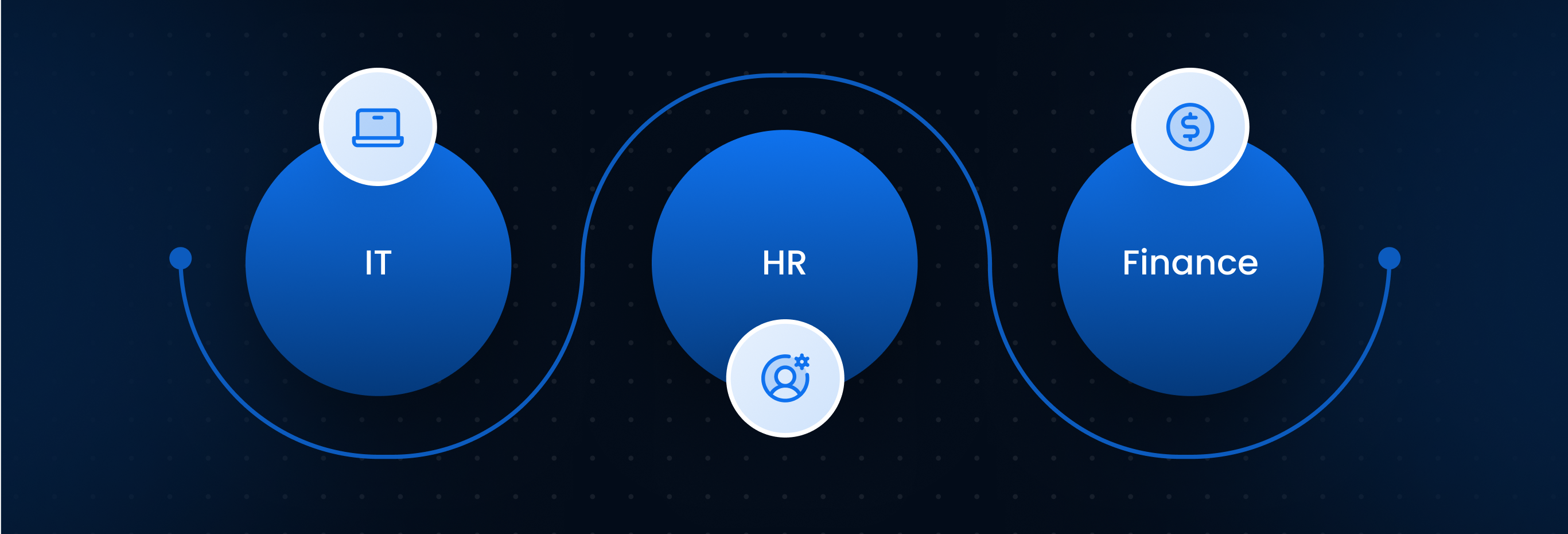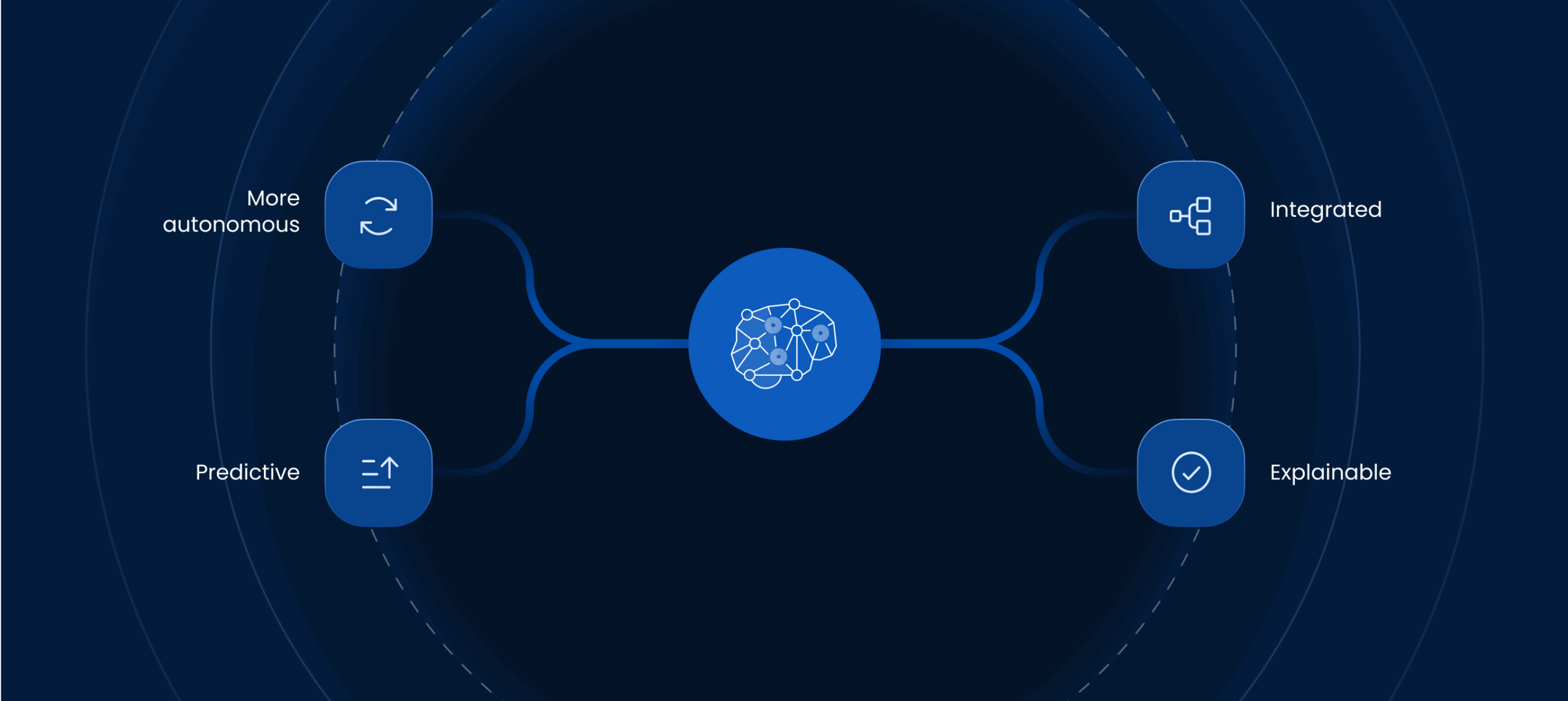Introduction
Artificial intelligence automation is reshaping how enterprises handle IT, HR, and Finance ticketing. In 2025, technology leaders are leveraging AI systems not just to respond to issues but to prevent and resolve tickets faster than ever. For CIOs, CTOs, and technology heads overseeing complex ticketing workflows, this presents both a challenge and a strategic opportunity.
Understanding Artificial Intelligence Automation
Artificial intelligence automation uses smart software to perform tasks that previously required human effort. In enterprise ticketing systems, AI can classify, route, and even resolve requests automatically. For example, a device access request no longer waits in a queue; AI can verify permissions, update systems, and close the ticket in minutes. Unlike traditional chatbots, AI automation delivers proactive, scalable, and integrated solutions that modern enterprises demand.
Core Technologies Behind Artificial Intelligence Automation
Several technologies power AI automation in enterprise ticketing:
Agentic AI
These intelligent agents do more than answer queries; they take proactive actions across IT, HR, and Finance systems.
Machine Learning
AI learns from past ticket data to prioritize requests and predict the best course of action.
Natural Language Processing
Employees can submit requests in everyday language. AI interprets intent, urgency, and sentiment accurately.
Integration Frameworks
Seamless connections with existing enterprise tools allow AI to act across platforms without disrupting workflows.
Generative AI Interfaces
Conversational tools create intuitive experiences, letting employees interact naturally with AI agents.
Together, these technologies make ticketing systems faster, smarter, and more reliable.
Key Benefits of Artificial Intelligence Automation
AI automation offers tangible benefits for enterprise ticketing systems:
-
Faster resolution: Common tickets close within minutes, not hours.
-
Operational efficiency: Reduces repetitive tasks, freeing teams for strategic work.
-
Proactive problem-solving: Predicts and prevents issues before they impact employees.
-
Enhanced employee experience: Employees spend less time waiting for support.
-
Data-driven insights: Patterns in ticketing data reveal opportunities to improve systems.
-
Scalability: AI grows with your enterprise without proportional increases in headcount.
Overcoming Challenges in Artificial Intelligence Automation Adoption
Adopting AI automation comes with hurdles:
- Integration complexity: Connecting AI with legacy systems can be difficult.
- Data quality: Poor documentation reduces accuracy.
- Security concerns: Sensitive enterprise data requires strict protection.
- Change management: Employees must trust AI to take on new responsibilities.
- Cost management: Long AI workflows can drive unexpected expenses.
A structured strategy helps technology leaders overcome these barriers.

Building an Effective Artificial Intelligence Automation Strategy
- Start small: Automate high-volume, low-risk tickets like password resets or access requests.
- Maintain knowledge hygiene: Keep policies and documentation up to date.
- Ensure transparency: Show employees how AI makes decisions.
- Track metrics: Monitor resolution times, auto-resolve rates, and employee satisfaction.
- Prioritize security: Include audits and human approvals for sensitive workflows.
This approach allows CIOs and CTOs to scale AI confidently across enterprise systems.
Real-World Applications of Artificial Intelligence Automation
AI automation is transforming enterprise ticketing across departments:
- IT: Automates password resets, system alerts, software provisioning, and device troubleshooting.
- HR: Handles leave approvals, onboarding, payroll, and benefits inquiries.
- Finance: Manages expense approvals, invoice processing, and compliance checks.
Leena AI’s Agentic AI in IT enhances this by autonomously resolving tickets, running diagnostics, updating configurations, and closing requests end-to-end. Employees interact with a simple chat interface, while the AI handles backend systems efficiently and securely.

Leena AI’s Approach to AI Automation in Enterprises
Leena AI delivers enterprise-grade AI automation designed for IT, HR, and Finance:
-
Automates ticket triage and resolution.
-
Performs proactive IT diagnostics and system updates.
-
Provides real-time updates to employees.
-
Maintains security, governance, and transparency.
By using agentic AI, Leena AI helps enterprises reduce operational costs, speed up ticket resolution, and improve employee satisfaction.
The Future of Artificial Intelligence Automation
In 2025 and beyond, AI automation will become:
- More autonomous: Agents will take complex actions independently.
- Predictive: Systems will anticipate issues before they occur.
- Integrated: AI will connect seamlessly across all enterprise functions.
- Explainable: Technology leaders will have transparency into AI decisions.
Leena AI is at the forefront, transforming ticketing systems into strategic enablers of efficiency.

FAQs on Artificial Intelligence Automation
What is artificial intelligence automation?
It is software that automates repetitive tasks and resolves enterprise tickets in IT, HR, and Finance.
How does AI automation improve IT support?
AI diagnoses and resolves common IT issues quickly, reducing downtime.
Can AI handle HR and Finance tickets?
Yes, AI manages leave approvals, onboarding, payroll, expenses, and compliance checks efficiently.
What is Leena AI’s Agentic AI?
It is an AI agent that takes autonomous actions across enterprise systems, closing tickets end-to-end.
What are the benefits of AI automation?
Faster resolution times, lower costs, improved employee satisfaction, and better operational insights.
What challenges exist in AI adoption?
Integration with legacy systems, data quality, security, employee trust, and cost control are common challenges.
How can enterprises start using AI automation?
Begin with low-risk, high-volume tickets and expand as AI proves reliable.
What does the future hold for AI automation?
Autonomous, predictive, and integrated systems that proactively support employees and optimize operations.













